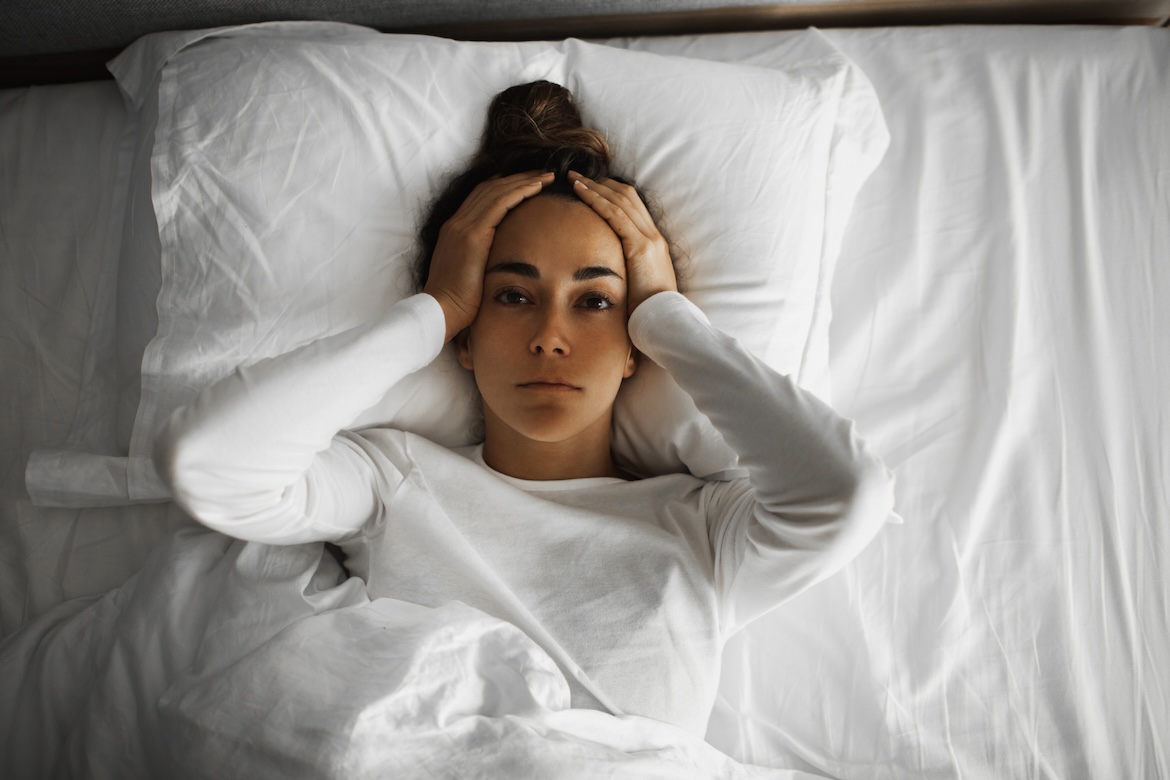Why Exercise Can Disrupt Your Sleep Patterns: Understanding the Connection
How Exercise Affects Your Sleep: Insights and Tips
We’ve all heard the phrase “exercise helps you sleep better,” but what if I told you that physical activity could actually mess with your sleep patterns? Confusing, right? As someone who’s spent years studying the intricate dance between our bodies and sleep, I can assure you there’s more than meets the eye. Let’s dive into this fascinating topic and unravel the connection between exercise and sleep.
The Paradox of Exercise and Sleep
Isn’t it ironic? You hit the gym thinking it’s a surefire way to knock out your sleep problems, only to find yourself wide awake at 2 AM, staring at the ceiling like it’s your new best friend. Why does this happen? Understanding the underlying mechanisms can help you manage your workout schedule and sleep better.
The Body’s Internal Clock
First, let’s talk about your body’s circadian rhythms. Think of it like an orchestra. All your biological functions — including sleep, hormonal balance, and even your appetite — play together in harmony, all orchestrated by the master conductor, your internal clock. When you exercise, you’re essentially throwing some off-beat notes into that melody.
When you exercise, your body temperature rises, your heart rate speeds up, and hormones like cortisol — the stress hormone — flow through your bloodstream. All these changes signal to your body that it’s time to be awake and alert. So if you’re working out too close to bedtime, you might be inadvertently sending your body mixed signals.
Type of Exercise Matters
Now, not all exercises disrupt sleep equally. It’s a bit like cooking; the ingredients you choose can make a world of difference.
-
High-Intensity Workouts: HIIT, spinning, or heavy weightlifting can really rev you up. Engaging in these activities too late in the day can lead to over-stimulation, making it tough to wind down.
-
Moderate to Light Exercises: Activities like yoga, stretching, or even a slow walk can actually promote relaxation. These exercises may help prepare your body for sleep by lowering stress levels and easing muscle tension.
So, the next time you plan your workout, consider how intense it’ll be and when you’re doing it.
Timing is Everything
Speaking of timing, let’s not ignore the clock on the wall. When you exercise plays a key role in how it affects your sleep.
Morning Workouts: The Game Changer
If you’re a morning person (or even if you’re not), try getting your sweat on early. Studies have shown that morning workouts can lead to better sleep at night. Why? Because they help regulate your body temperature and set your internal clock for the day. Plus, they leave you with a sense of accomplishment that can carry you through your day!
Evening Workouts: Caution Needed
Now, if you’re a night owl who prefers to hit the gym after work, be wary. While evening exercises are great for stress relief, they can be double-edged swords. If you’re working out vigorously, aim to wrap things up at least three hours before bedtime. This gives your body enough time to cool down and reset its rhythms.
Stress and Sleep Interplay
Let’s not forget about stress. Life can be a whirlwind, and sometimes physical activity is a great way to blow off steam. However, if you’re exercising to combat stress but still find yourself unable to sleep, it could be a sign that your cortisol levels are riding a rollercoaster.
The Cortisol Connection
In the short term, exercise can spike cortisol, which helps keep you energized. Over time, however, elevated cortisol levels can lead to sleep disruptions. So, while you’re sweating it out to relieve stress, keep an eye on your overall mental health and ensure you’re not overdoing it.
Sleep Quality vs. Sleep Quantity
It’s not just about how long you sleep; it’s about how well you sleep. Exercise plays a critical role here, too. You might think that more (or more intense) exercise leads to better quality sleep, but the truth is nuanced.
While moderate exercise generally improves sleep quality, pushing yourself too hard can do just the opposite. If you’re logging long hours at the gym and still waking up feeling groggy, it’s time to evaluate your routine.
The Balance of Recovery
Your body needs recovery time to repair and rejuvenate. Overtraining can lead to chronic fatigue and sleep issues. So remember the golden rule: balance is key. Listen to your body, and don’t feel guilty about taking a rest day if you need one!
Sleep Hygiene Tips for Active Lifestyles
So, how do you strike the right balance? Here are some tips to ensure your fitness habits don’t come at the expense of your nightly zzz’s:
-
Establish a Routine: Try to work out at the same time each day; your body loves a schedule.
-
Cool Down: Finish your workout with some light stretching or mindfulness practices to help transition into relaxation mode.
-
Be Mindful of Nutrition: Eating too close to bedtime can mess with your sleep, so aim for a two to three-hour buffer after your last meal.
-
Limit Stimulants: Avoid caffeine and nicotine in the hours leading up to sleep.
-
Create a Bedtime Ritual: Wind down with calming activities like reading or taking a warm bath, signaling to your body that it’s time to sleep.
Technology and Sleep
In our tech-savvy world, we can’t overlook the impact of screens on sleep. The blue light emitted from phones, tablets, and even workout machines can trick your brain into thinking it’s still daytime. This can seriously interfere with melatonin production, the hormone responsible for regulating sleep.
The Digital Detox
Consider implementing a tech-free zone at least an hour before heading to bed. Instead, focus on low-light, calming activities — your mind and body will thank you!
Conclusion
Exercise is undoubtedly a vital part of a healthy lifestyle, but it’s essential to consider how it affects your sleep. Finding that sweet spot can sometimes feel like trying to catch smoke with your bare hands, but with a little mindfulness and planning, you can enjoy the benefits of both physical activity and restful sleep.
So, next time you lace up your sneakers, pay attention to how and when you’re exercising. Balance will not only enhance your overall well-being but also help ensure that when your head hits the pillow, you’re ready for a night of restorative sleep.
FAQs
1. Can I exercise too close to bedtime?
Yes, exercising intensely too close to bedtime can lead to sleep disruptions. Aim for at least three hours between your workout and sleep time.
2. What type of exercise is best for better sleep?
Moderate exercises like yoga, stretching, or light walking may promote better sleep, while high-intensity workouts should be scheduled earlier in the day.
3. How does stress from exercise affect sleep?
While exercise is great for stress relief, excessive exercise can lead to elevated cortisol levels, disrupting sleep quality.
4. Can morning workouts improve my sleep?
Absolutely! Morning workouts can help regulate your body’s internal clock and improve your sleep at night.
5. What should I do if I can’t sleep after exercising?
If you struggle to sleep after exercising, consider adjusting your workout intensity, timing, and establishing a calming pre-sleep routine.







